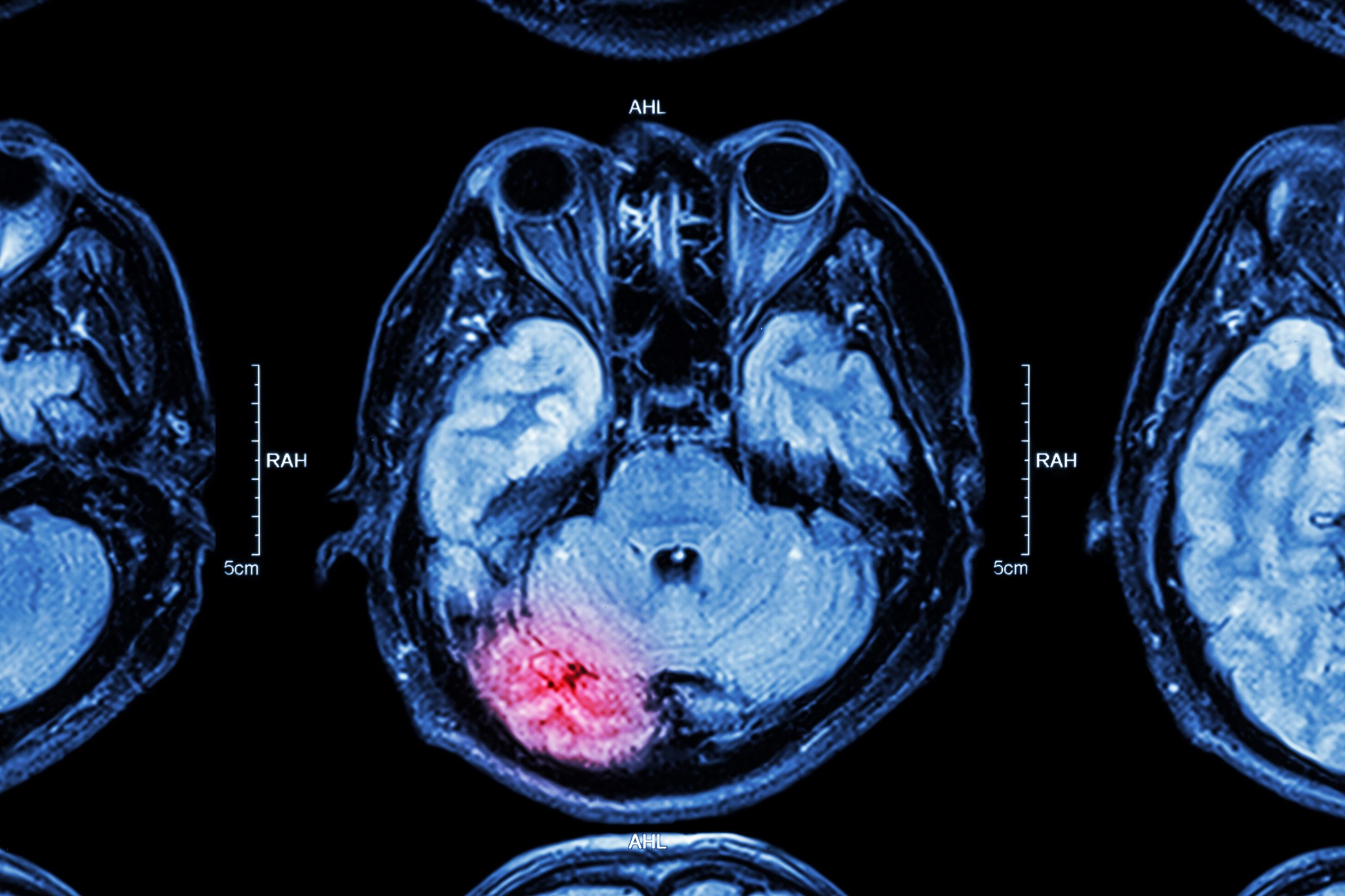Most victims of brain injury and members of their family face a gamut of new and unfamiliar challenges on the road to recovery. Knowing how to navigate life and how to deal with the challenges recovery presents can be unbelievingly challenging. To help victims of brain injury Brainline developed a guide for adjusting to life after brain injury.
1. Redefine success
When your life changes after a brain injury it is likely your definition of success will also need to change. Comparing yourself and your progress to how you performed before your injury can be very limiting. Focusing on what you can do and how you can improve can help you change your definition of success. Explore ways you can be successful and set standards for yourself. No matter what state you are in you can improve yourself, enjoy relationships and live a meaningful life.
2. Ask for help
Asking for help can he a surprisingly difficult task. The fear of seeming like a burden or being turned away often stifles us from trying to get the help we need. But everybody needs help at some point or another. Don’t let a situation become a crisis before asking for help, and make sure to return a favour and thank those who have helped you.
3. Be kind to yourself
Immediately after a brain injury you begin your road to recovery. Taking time to heal and respecting the fact that your body needs time to mend itself mentally, physically and emotionally is very important. Being hard on yourself right now will only make things more difficult on you and those around you. Instead try to be kind and compassionate to yourself taking into consideration where you are in your recovery journey.
4. Set manageable goals
It’s easy to become overwhelmed by the hurdles ahead of you in your recovery. To manage this, break down the large goals in your recovery into small reasonable steps—ones you can do day-to-day to accomplish those bigger goals. Focusing on what you can do today and tomorrow can make the prospects of achieving big goals much less daunting. Even beyond recovery, breaking down your life goals in the same way can make them more manageable to achieve.
5. Create a support system
Social interaction is extremely important for recovery. After a brain injury receiving support and understanding is extremely comforting and helps stave off feelings of loneliness. Reconnecting with friends who have become distant after your brain injury, helping those in your circle of friends and family, as always showing care is important to maintain those relationships. If you don’t feel like those around you are able to understand what you are going through perhaps consider joining a support group to meet people who have similar experiences.
6. Practice patience
Patience is an essential skill to have while recovering from a brain injury. You will likely need to be persistent over time to reach recovery, but it can be difficult to keep your cool when faced with a difficult journey to get there. When you feel yourself losing your cool or becoming frustrated find a way to take a step back and relax yourself, whether that’s taking a deep breath or repeating an affirmation. Find what works for you.
Navigating the road to recovery after a brain injury can be difficult. We help brain injury victims during recovery as a part of the Circle of Care.
If you have been injured, and need legal assistance, call #1000 on your cell phone for free. We will offer you a free claim assessment.






